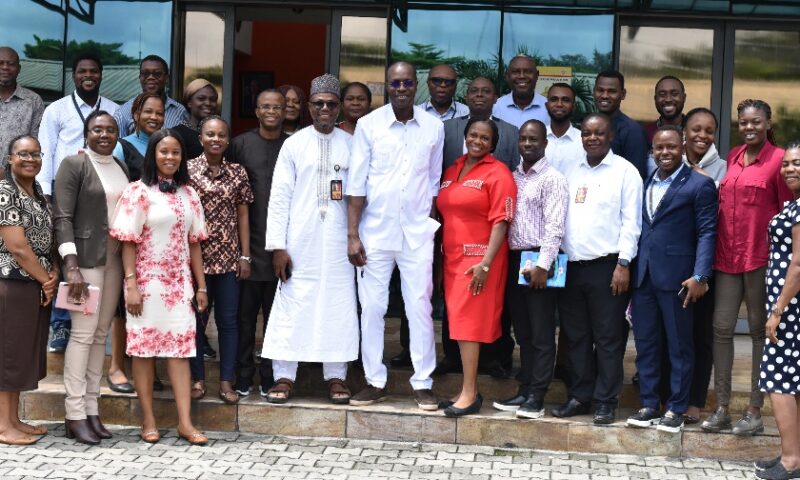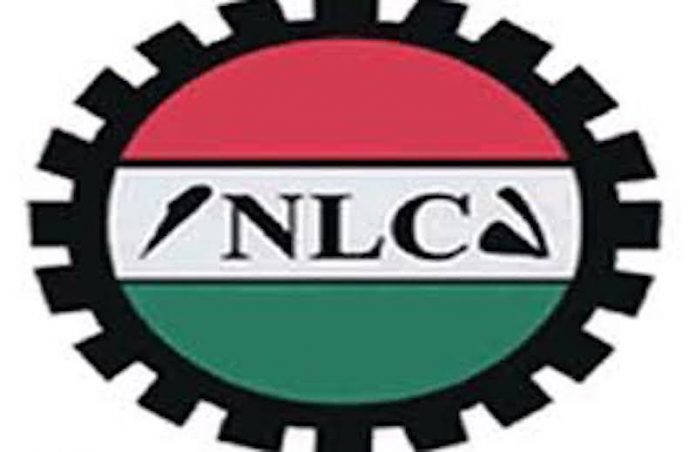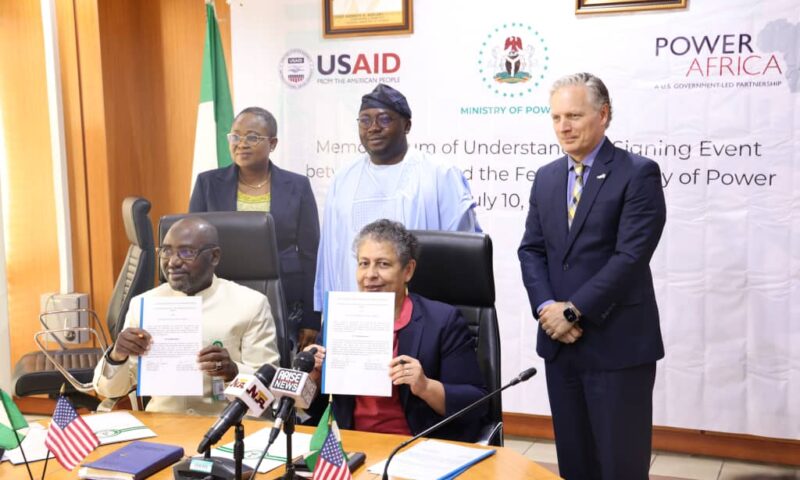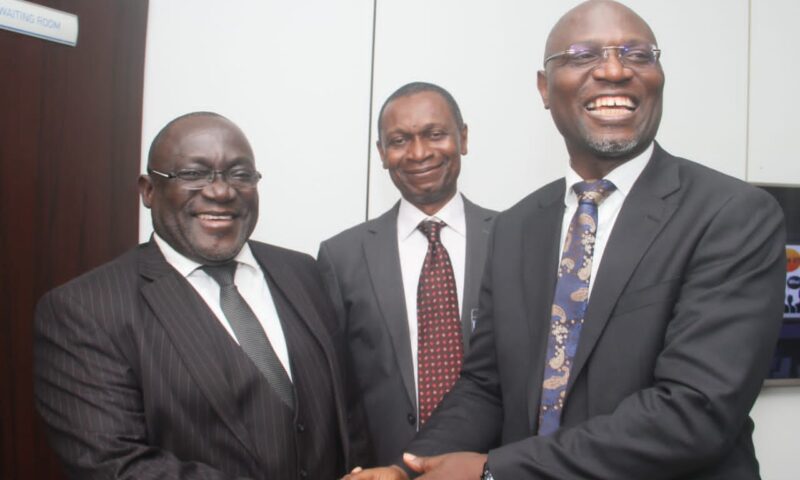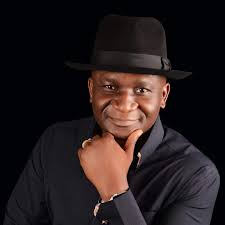Mohammed Shosanya
Senators have rejected a Bill seeking to empower the Central Bank of Nigeria (CBN) to monitor and control, as well as to determine the basic exchange rate of purchase and sale of foreign exchange in Nigeria.
This was sequel to the introduction of a Bill titled “The Foreign Exchange Control and Monitoring Bill 2024,” at plenary.
At Thursday’s session,the lawmakers expressed fears that a fresh legislation seeking to monitor or control the activities of the foreign exchange market apart from what the CBN was doing, could be counter productive.
Some of the Senators,who expressed serious reservations over the proposed law are, Solomon Adeola (Appropriation Committee Chairman); Tokunbo Abiru (Chairman, Banking, Insurance and other Financial Institutions panel; and Aliyu Wadada (Chairman, Senate Public Account Committee) among others.
Senator Ibrahim Dankwambo, a former accountant general of the Federation,, and the Lawmaker representing Gombe North, pointed out that if passed, the law would confuse Nigerians.
The President of the Senate, Godswill Akpabio, who presided over the session, urged an insistent Senator Sani Musa (APC Niger East) who sponsored the Bill, to withdraw the same for further consultations.
Though the legislation was widely rejected at plenary, the Sponsor explained that the Bill would’ve provided for the control, monitoring and supervision of transactions conducted in the Foreign Exchange Market.
Senator Musa argued that the Bill which was read for the first time on Tuesday, February 20, 2024, “is an important legislation which seeks to repeal the Foreign Exchange (Monitoring and Miscellaneous Provision) Act Cap. 34, Laws of the Federation of Nigeria, 2004.
He said the proposed law would provide for the regulation, monitoring and supervision of the transactions conducted in the market and for related matters.
According to him, it would also contribute to the sound development of the national economy by striving to facilitate foreign transactions and maintain an equilibrium of balance of International payments.
He added that: “The bill seeks to stabilize the value of currency by ensuring the liberalization of foreign exchange transactions to maintain an equilibrium of balance of International payments.
“It will also stabilize the value of currency by ensuring the liberalization of foreign exchange transactions and of other foreign transactions by revitalizing market functionality.
“The bill attempts to expand Section (1) of the existing Act to incorporate three new provisions to make for clarity and to empower the Central Bank of Nigeria to administer, control and manage all dealings and transactions in relation to foreign exchange matters.
“The newly introduced clauses will enable the CBN to determine the basic exchange rate of purchase and sale of foreign exchange.
“Clause 6 of the Bill introduces New Sub-clauses (2), (4) and (5) which require authorized dealers to render returns to the CBN on sources of foreign exchange in excess of USD 10,000 and utilization of the same.
“It also requires authorized dealers to obtain prior approval of the CBN when seeking to import foreign currency notes.
“Part Ill of the Bill makes elaborate provisions for the grant of a license to carry on business dealings in foreign exchange. In this part, provisions were made for refusal of license, suspension or revocation of license, review and appeal.
“Clause 18 (1) (a) and (b) were added to expand the scope of dealers in the market and where funds are purchased from the Bank. The market rate may be subject to rules and regulations prescribed by the Bank.”
Musa added that with the bill, the operation of domiciliary accounts shall be as prescribed by the Bank and that the powers of the CBN have been widened to prescribe how foreign exchange may be accepted for the payment for goods and services in Nigeria.
The bill, when passed into law, according to Musa, will contribute to sound development of the national economy, facilitate foreign transactions and most importantly, stabilize the value of the currency by ensuring the liberalization of foreign transactions and revitalizing market functionality.
He said any further law aimed at regulating the foreign exchange market should come from the executive arm of government to avoid a crisis in the sector.
Also contributing,Senator Adams Oshiomhole, said, “we have to be careful because we cannot speculate. Anything done in this house, Nigerians will take it very seriously, because we have the power to make laws.
“Senators who have spoken, had summarized and amplified meticulously, the contradictions and negative implications of passing the law.
“I believe that the Bill should not attract further hearing because we are trying to take over the monetary policy regulations of the CBN if we go ahead with it.If the executive arm of government likes, let them bring a Bill to further strengthen the regulatory powers of the CBN. It is not our work.”



